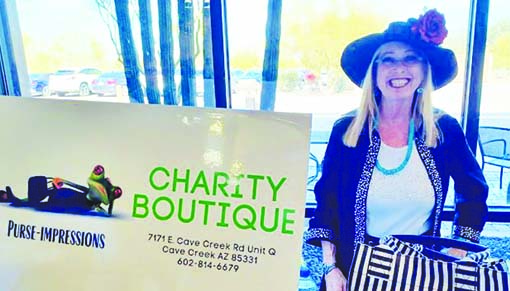By Jason Bordonaro I can remember my early days of recovery, and it was the community and fellowship along with the 12-steps that carried me through to where I am...
By Jason Bordonaro
I can remember my early days of recovery, and it was the community and fellowship along with the 12-steps that carried me through to where I am today.
I lived in a house with sober people and spent most of my time around them. We shared the struggles and victories of early recovery over early morning coffee or late night television, hikes through the mountains or walks through the city streets. We went to meetings together and shared the growing pains and the joys of living life on life’s terms. All of us were committed to our own recovery and supported each other on our journeys. One of the main things was — we had fun in sobriety and were deeply involved with our recovery.
In today’s world there is the benefit of treatment centers and transitional facilities also known as sober living facilities that can assist in the recovery process. They offer the benefit of community and the feeling that overcoming addiction and alcoholism doesn’t have to be accomplished alone. We can recover together. What do people in recovery do? We help each other. It’s one of the many ways we can exhibit grace to one another.
The Power of Community
For most of us, for way to long we battled life alone, fighting the demons in our heads and lives as best we could which usually meant drowning the thoughts and feelings out with alcohol and drugs. We treated loneliness with isolation. The more we felt separate from our communities, the more we pushed our loved ones away. It became a downward spiral that was impossible to break free from with self and will power alone.
Sober living offers a completely different way to stay on the road to recovery. Structure, support, 12 step recovery and community are just a few of the benefits of being a part of a sober living home. Many people in the early stages of recovery struggle to keep commitments and follow through on the actions needed for recovery.
Sober living provides the needed context and support through scheduled programming, accountability, mentorship, coaching, self-discovery and house rules to empower residents to thrive in their journey of recovery. Rather than simply maintaining a baseline state of physical sobriety, residents are encouraged and guided through a thoughtful integration of 12 step recovery with a variety of life skills and personal development workshops. They are challenged to tap into their own potential and discover the person they lost to addiction.
Research shows that 90 days in sober living increases the chances for long-term sobriety by over 40 percent.
This is due to the power of habit and the development of new behaviors. Aristotle said, “We are what we repeatedly do, therefore excellence is not an act but is a habit.”
Sober living homes create an environment for the residents to thrive. In recovery we have a saying, progress not perfection. At the same time we live each day the very best we can, living in gratitude and service to others, doing our best to carry the message of recovery to those that are still struggling. There is a lifestyle of sobriety that is far greater than your wildest dreams.
Sober living is not the solution to addiction. However, it can play a major role in helping the addict remain clean. Combined with continued treatment, peer and family support many recovering addicts are now living positive lifestyles free from drugs and alcohol.
Jason Bordonaro is the co-founder of SpringBoard Recovery, a sober living center for men located in Scottsdale, Arizona. Jason and his business partner, Tim Lambright, both share a passion for recovery. Each of them struggled with addiction in the past and now gratefully are men in long term recovery.
Jason can be reached at [email protected] and at 928-710-3016
































